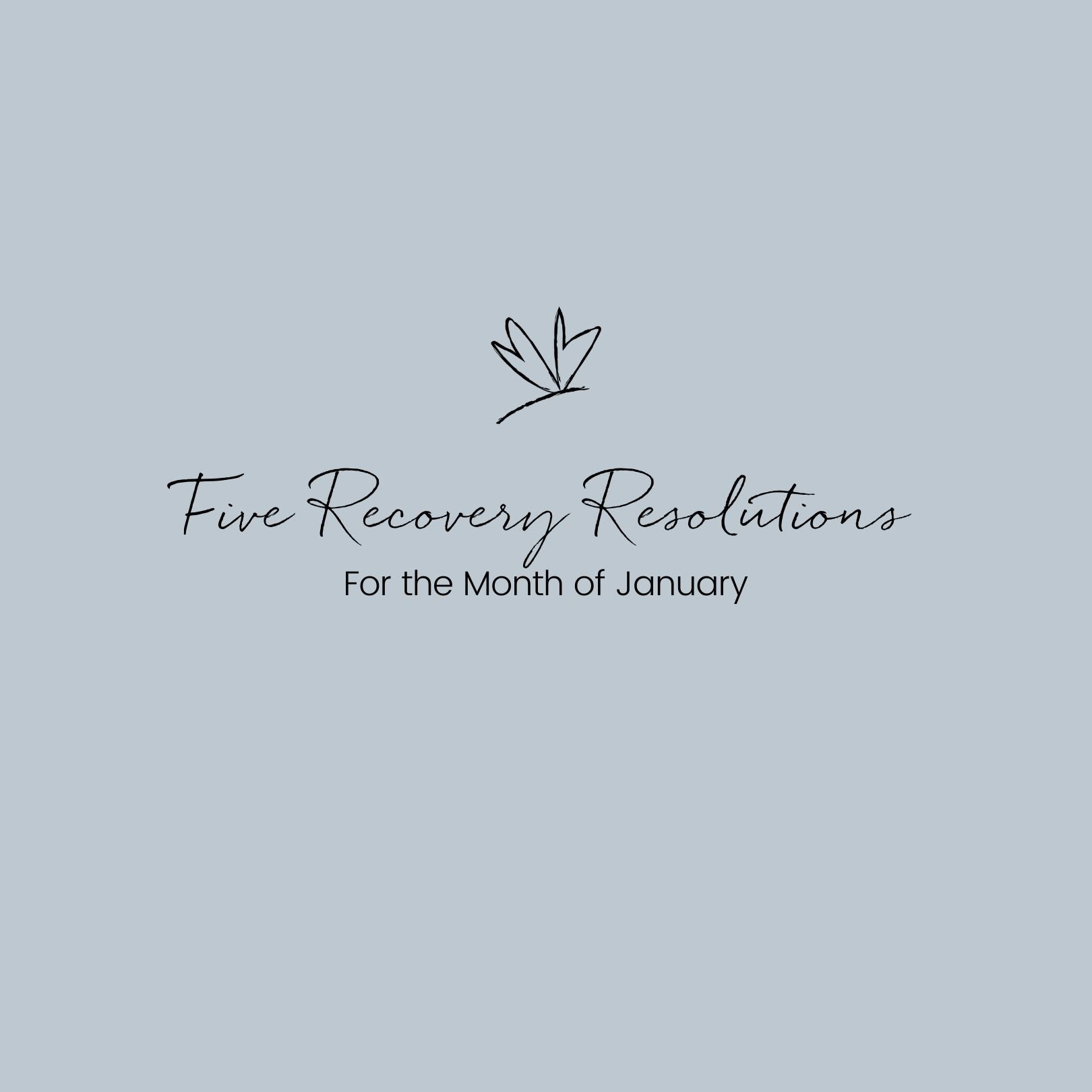“I’m Petrified I’ll Relapse at University”
Sarah**, 18, ought to be walking on air right now.
After all, she’s one of thousands of teens who’ve just opened A Level results in recent days and discovered she has secured a place at her first choice university.
So what’s the problem?
What stands in the way of Sarah reaching for her suitcase and preparing to embrace this exciting new chapter, away from home, away from parental constraints, and with the opportunity to discover an entirely new educational pathway as part of her career ambitions?
 First affected at the onset of puberty, Sarah fell into a spiral of self-loathing and sabotage, during which anorexia took over her life.The trouble is, Sarah has spent the last 18 months battling back from a devastating eating disorder.
First affected at the onset of puberty, Sarah fell into a spiral of self-loathing and sabotage, during which anorexia took over her life.The trouble is, Sarah has spent the last 18 months battling back from a devastating eating disorder.
Lucky enough to receive early intervention care, she was supported by her family GP, following a six month stint ‘inpatient’.
Now, however, Sarah’s fears and thoughts are in overdrive. She’s admitting that she still feels some way from full recovery, and is concerned that beginning university may in fact derail her progress.
“I know I’ve been doing really well, and I’ve been wholly committed to my meal plans and my therapy work, even after 18 months – but I wonder how stable and ‘ready’ I am,” she says.
“I’m concerned that university is all about ‘new’. It’s a new place, new people, new living situation, new studies, new social inputs….and a new world where I’ll potentially feel out of my depth and my eating disorder will want to remind me that it’s ‘there for me’.”
So is Sarah right to have such concerns?
Yes, of course she is. And thank goodness that someone of Sarah’s experience is able to articulate those thoughts ahead of time.
Should she therefore admit the fear and postpone her university start, or cancel altogether?
Well, that’s an entirely different question altogether.
Truthfully, there can be no one size fit for anyone who has experienced (or is still in recovery from) eating disorders.
Where one person might find that going to university provides more positive momentum for their last 18 months of recovery, because it offers new friendships, new validations, new exciting times and interests; it could just as easily affect someone else in the negative.
Someone at a less robust stage of their recovery may indeed struggle or stall.They may lose confidence, feel homesick, miss friends, worry about regularity of eating patterns, become uncomfortable with an absence of parental-set routines around meals – and in such cases, this may be tricky ground for maintaining the recovery successes.
How do you know then, what’s the right answer for you?
Here’s some questions to helpfully ask yourself, or for a parent to consider discussing with their young adult, before reaching conclusions:
- How has recovery REALLY been going recently?
- Have you had more positive times in recovery than negative? And have you avoided relapse so far?
- Have you stabilised your weight at your ‘set point’ or at a level your body appears to regard as optimal? (Do not judge JUST BMI, or JUST the return of a period, but combinations of these factors can paint a picture, as will hormonal balance and a sense of energy levels having restored)
- Are you generally ‘well’, in the eyes of your GP or therapist? (Have your bloods been checked recently, your heart rate and other typical markers?)
- Have you begun to take sensible and joyful management of your own food and cooking experience at home? (Are you able to shop for food, to cook for yourself, and to dine out without extreme fears and anxieties?)
- Are you very aware of your own triggers, and are you good at taking opposite actions or accessing help when those arrive?
- How far away from your parental home is your university? Will you be able to / do you plan to, return regularly or have regular visits from friends or family?
- Do you feel the number of hours your course requires feels something you can manage, given your restored energy levels?
- Have you identified what level of pastoral support is in place at the university, and what mental health and medical resources are available in the immediate area – should you need them?
- Is your university aware of your recent health issues? Are you happy to inform them so that they can play a part in ‘keeping watch’ and helping safeguard?
And lastly?
- Does the thought of going bring you joy and hope and excitement? (Do not underestimate this. You should be wanting to embrace this chapter – not merely going because you think it’s what is expected of you).
Of course there are far more questions and considerations beyond these, but this list can be a really helpful start to any individual or family.
Wednesday’s Child is proud to also deliver a number of workshops and supper events which may be a useful consideration for both parents and survivors in the run-up to university beginning.
We also stage supportive suppers and friendship events around the UK, which may be helpful once you have arrived in a ‘new community’ as part of your university chapter.
If we can help, please email hello@wednesdayschild.co.uk
- Aug 2019





